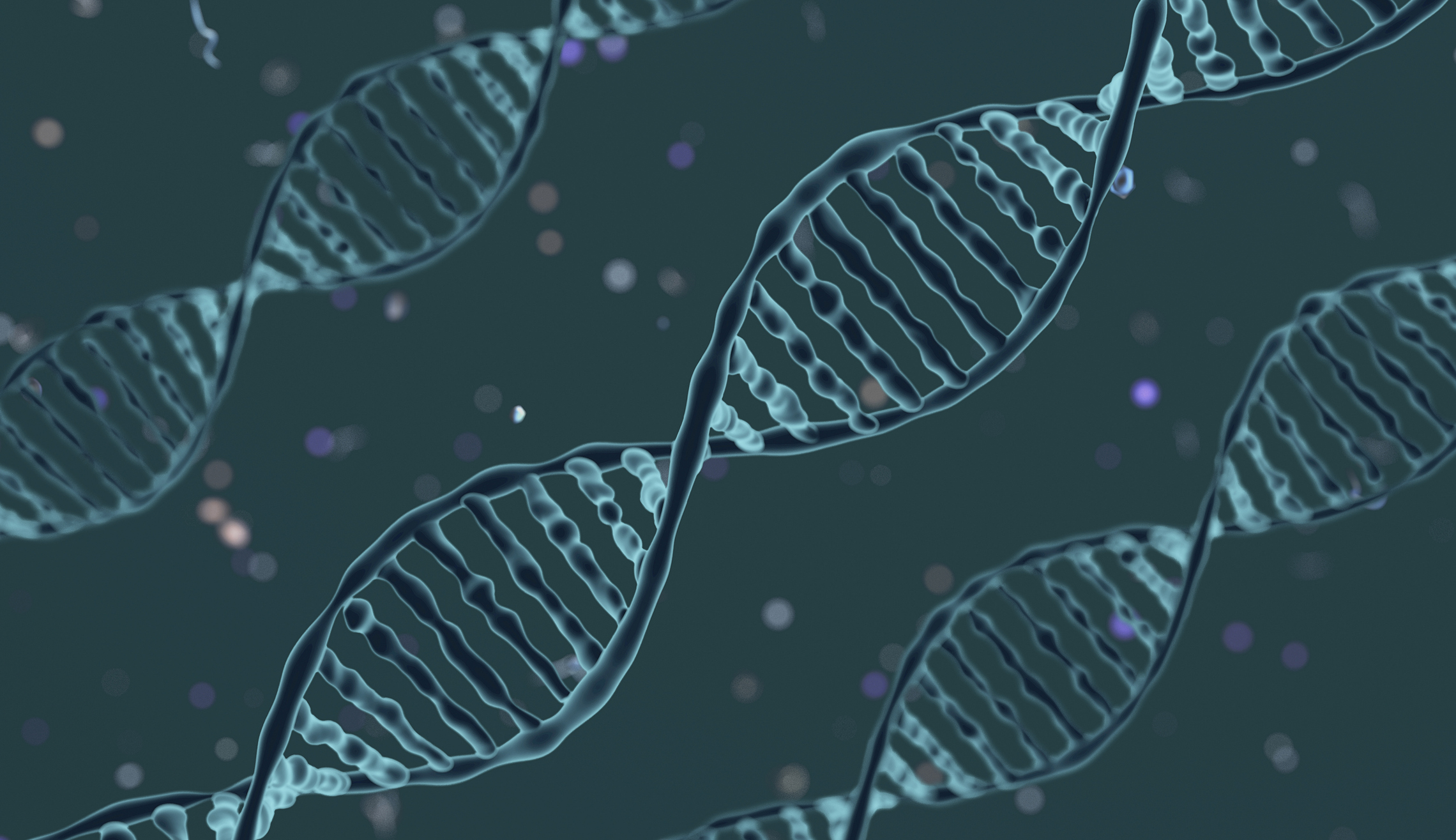The multimillion-dollar at-home genetic testing industry has boomed in recent years, with mail-in kits making popular Christmas or birthday gifts. Companies promise to inform consumers not only about their ancestry but also about their risk for genetic diseases. While learning more about your genetic makeup may seem harmless, UConn Health genetic counselor Connor Linehan warns of the pitfalls.
Q: What should people know about the thousands of mutations in those two genes before they take an at-home genetic test?
Giving people access to their genetic data can be a valuable resource. However, the information received can be difficult to understand and easy to misinterpret. While the companies must be in compliance with some U.S. government regulations meant
to ensure the accuracy of the information, patients may make assumptions about that information that could be dangerous.
For example, one popular company tests for the presence of three well-known mutations in the genes BRCA1 and BRCA2, which are known risk factors for breast cancer. Testing positive for one of these mutations can raise a woman’s lifetime risk of developing breast cancer to roughly 85% and increase the risk for other forms of cancer as well. While a negative result would be good news, one concern is that without genetic counseling from a professional, patients might take the result to mean that they will never develop breast cancer and could choose to stop having mammograms against medical recommendations.
Q: How would a genetic counselor help?
Genetic counselors provide the context for this information. In the breast cancer example, the result sent to the patient doesn’t take into account the fact that the three mutations tested for are only seen commonly in one particular ethnic group and wouldn’t be expected in patients not of that ancestry. Nor does it address that there are hundreds if not thousands of mutations in those two genes alone that may increase a person’s risk of developing cancer. That is to say nothing of the dozens of other genes that we now know are linked to hereditary cancer.
All of these qualifiers and more would be made clear to a patient by a genetics professional before medical testing is ordered. It is also worth noting that at-home testing is not the same as the testing that a genetic counselor would offer to patients — at-home testing is often incomplete or unnecessarily broad.
Q: Should providers recommend against their patients taking these at-home tests?
Genetic information is complex and incredibly easy to misinterpret. As with any medical question or concern, patients should mention their plan to do home genetic testing to a member of their medical team and explore whether talking to a genetics professional might help them understand what’s going on. It’s always best for a patient to talk to their doctor about any health-related decision so that together they can put an informed and complete plan in place.
Learn more about UConn Health’s Division of Medical Genetics here.



